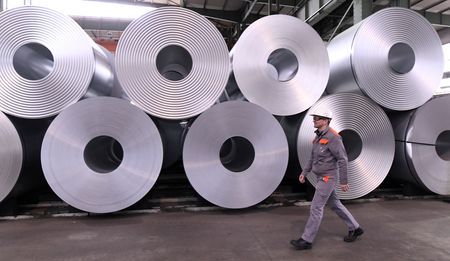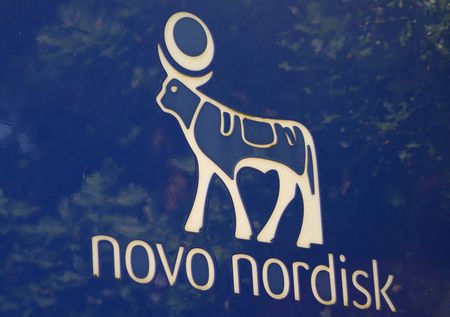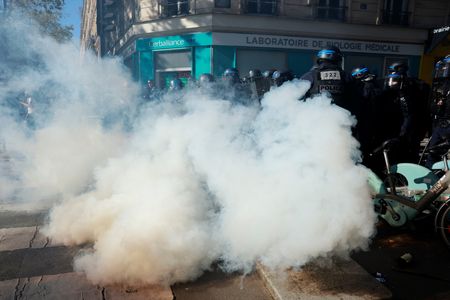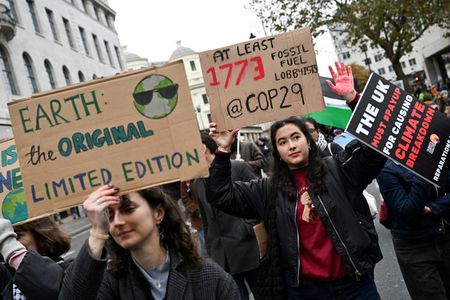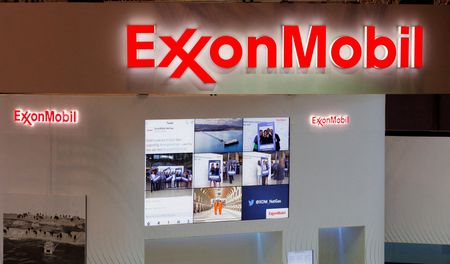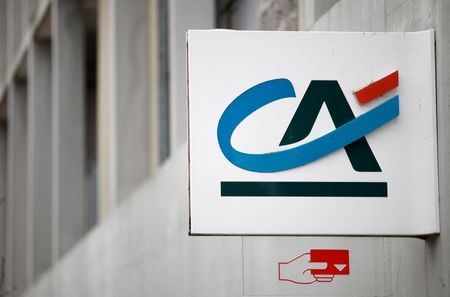By Christoph Steitz and Tom Käckenhoff
FRANKFURT/DUESSELDORF (Reuters) -Salzgitter, Germany’s second-largest steelmaker, has decided to delay expansion stages of a vital green steel project by three years, its CEO said on Thursday, adding the conditions in the sector had worsened considerably in recent years.
Salzgitter is currently spending around 2.5 billion euros ($2.9 billion), including 1 billion euros in grants, on its so-called Salcos project, which will enable it to produce steel with fewer CO2 emissions from 2027 with the help of hydrogen.
A first phase, which involves 100 megawatts of electrolyser capacity, a direct reduction plant and an electric arc furnace, is going ahead as planned and will enable Salzgitter to save around 30% of CO2 emissions on around 2 million tonnes of steel.
But later stages, which will eventually cut emission related to steel production — one of the most polluting industrial processes — to 95% will be delayed, Gunnar Groebler said, adding hydrogen markets had developed slower than expected.
“The economic environment is not there. In addition, we are still waiting for the regulatory changes that politicians have been promising us for a long time, but which have not yet materialised,” he told Reuters.
An investment decision for the Salcos’ second expansion stage would now be reviewed in 2028 or 2029, compared to a previous 2026 schedule.
The delay will free up around 1 billion euros in capital expenditure, a person familiar with the matter said.
ArcelorMittal, the world’s second-largest steelmaker, in June dropped plans to convert two plants in Germany to carbon-neutral production because the country’s energy costs were too high.
It has cast doubt on the green hydrogen strategy launched by Germany’s former government, which had hoped subsidies would encourage a conversion of existing plants to use furnaces fired with hydrogen, which can be created from renewable energy.
($1 = 0.8493 euros)
(Reporting by Christoph Steitz and Tom Kaeckenhoff)

